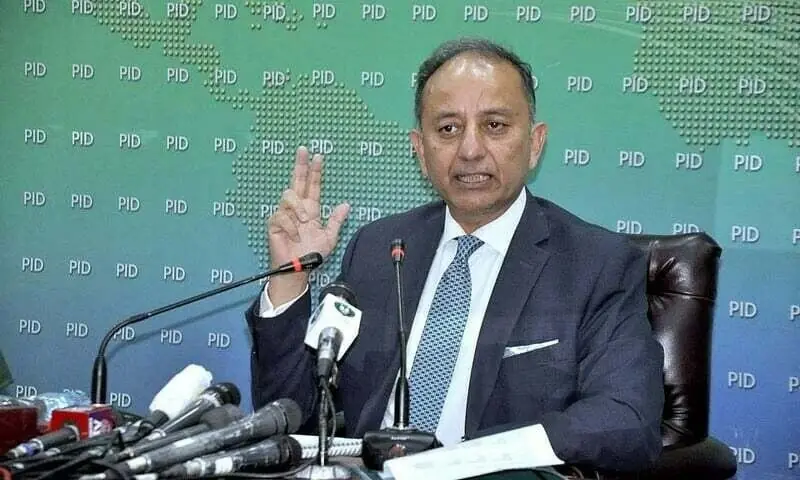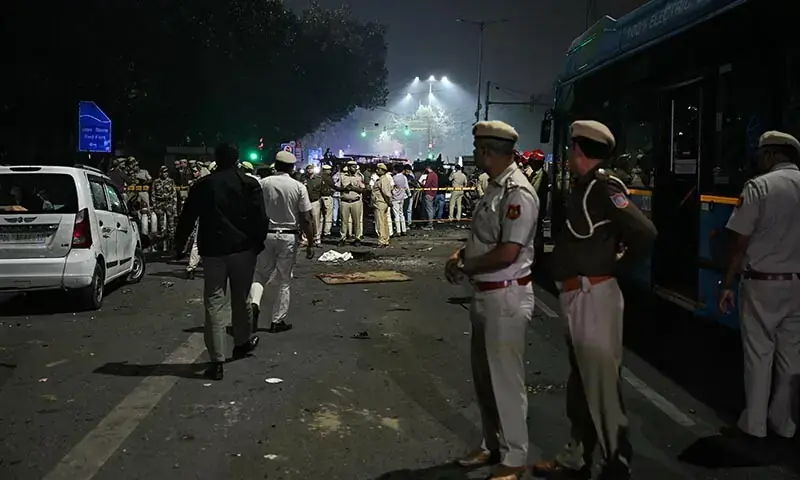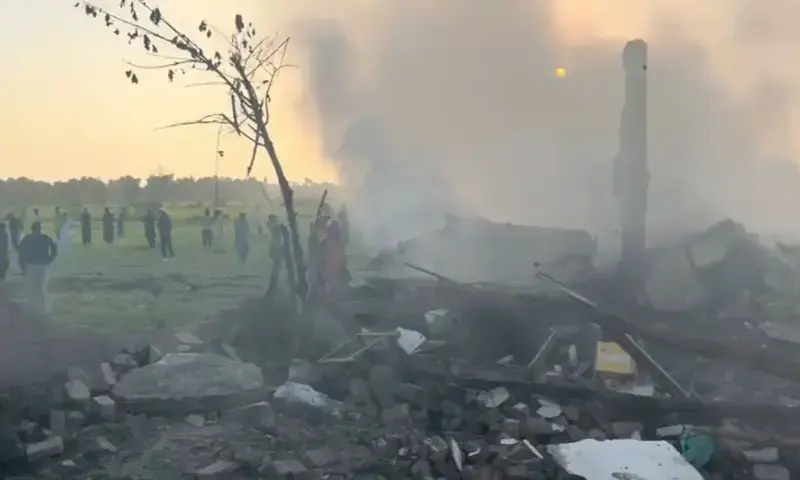Climate Change Minister Dr Musadik Malik has called for accelerated efforts to address climate-induced glacier melt in the Karakoram-Hindu-Kush Himalaya (HKH) range, warning on the sidelines of COP30 that glacier melt was occurring at an “unprecedented pace”, the Press Information Department (PID) said on Saturday.
Pakistan is home to around 13,000 glaciers. According to a 2023 report by the International Center for Integrated Mountain Development (ICIMOD), Himalayan glaciers, which provide critical water to nearly two billion people, are melting faster than ever due to climate change, exposing communities to unpredictable and costly disasters.
The minister made these statements on the sidelines of COP30, at an event titled “Cryosphere Adaptation and Disaster Risk Reduction,” where he delivered the opening speech via video.
Malik told participants that “climate-induced glacial melting is occurring at an unprecedented rate,” and called for the “urgent need to protect the HKH cryosphere, which he described as the “white roofs of the world” and the “main livelihood of millions of people across South Asia.”
According to the PID statement, the event, organized by the Ministry of Climate Change and Environmental Coordination in collaboration with ICIMOD, included interventions by the deputy ministers of Türkiye and Azerbaijan, the director general of ICIMOD and senior representatives of Nepal, Bhutan, UNESCO, UNDP and the Asian Development Bank (ADB).
“Pakistan is home to 13,000 glaciers, which feed the Indus River system and sustain the country’s agricultural, ecological and economic foundations,” Malik was quoted as saying in the press release.
He informed the audience that climate-induced melting of glaciers was “causing serious loss and damage, including flash flooding of Glaicial Lake (Glofs).”
A Glofs refers to an avalanche of water from a glacial lake, which could cause serious flooding downstream.
Malik called it an issue of “justice and rights” and said: “Seventy percent of the world’s carbon emissions come from just ten countries, but those same countries receive 85 percent of global green financing.”
“It urged countries with historical responsibility for emissions to contribute their fair share to adaptation and resilience in vulnerable mountain regions, and called on the global community to elevate the cryosphere agenda at COP30,” the press release reads.
Malik, in his speech, also noted that Pakistan had “demonstrated leadership through its updated Nationally Determined Contributions (NDC 3.0).
According to the 2023 ICIMOD report, glaciers in the HKH region are a crucial source of water for about 240 million people in mountainous regions, as well as another 1.65 billion people in river valleys.
Based on current emissions trajectories, glaciers could lose up to 80 percent of their current volume by the end of the century, Nepal-based ICIMOD said.








